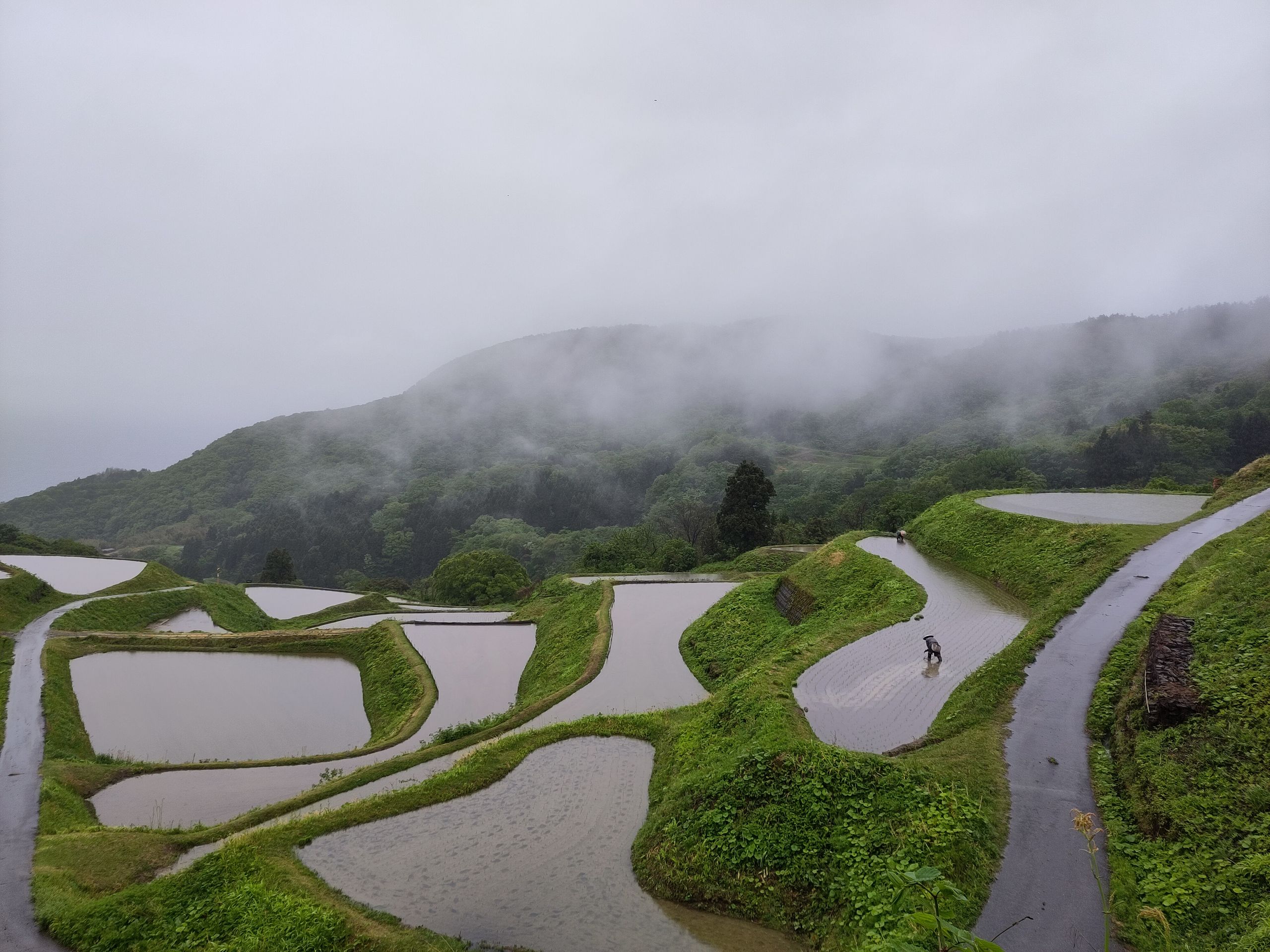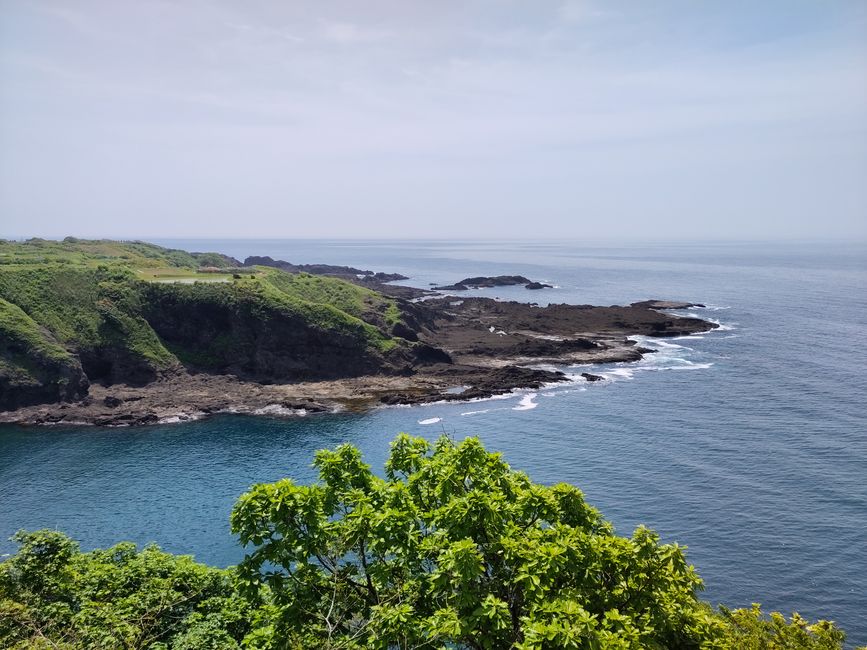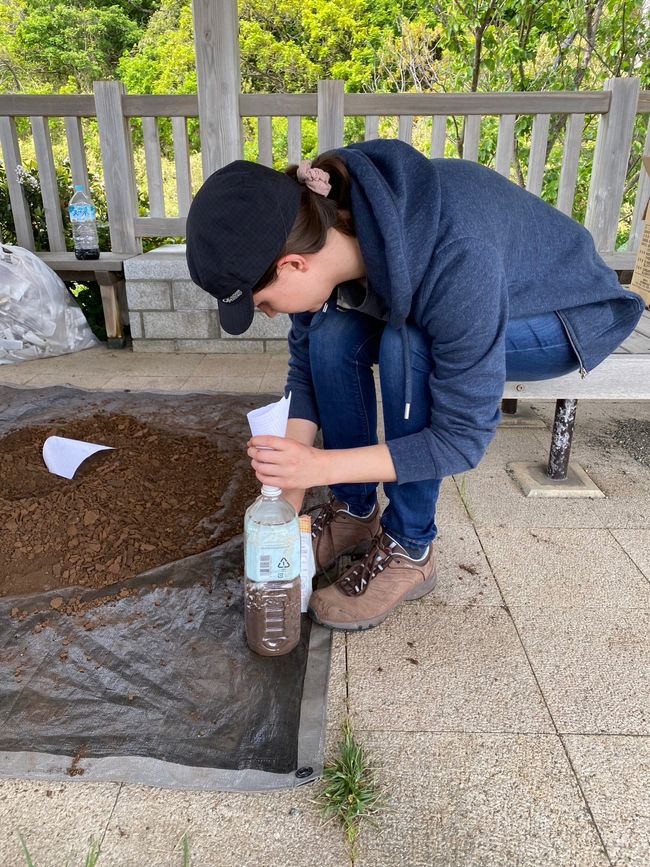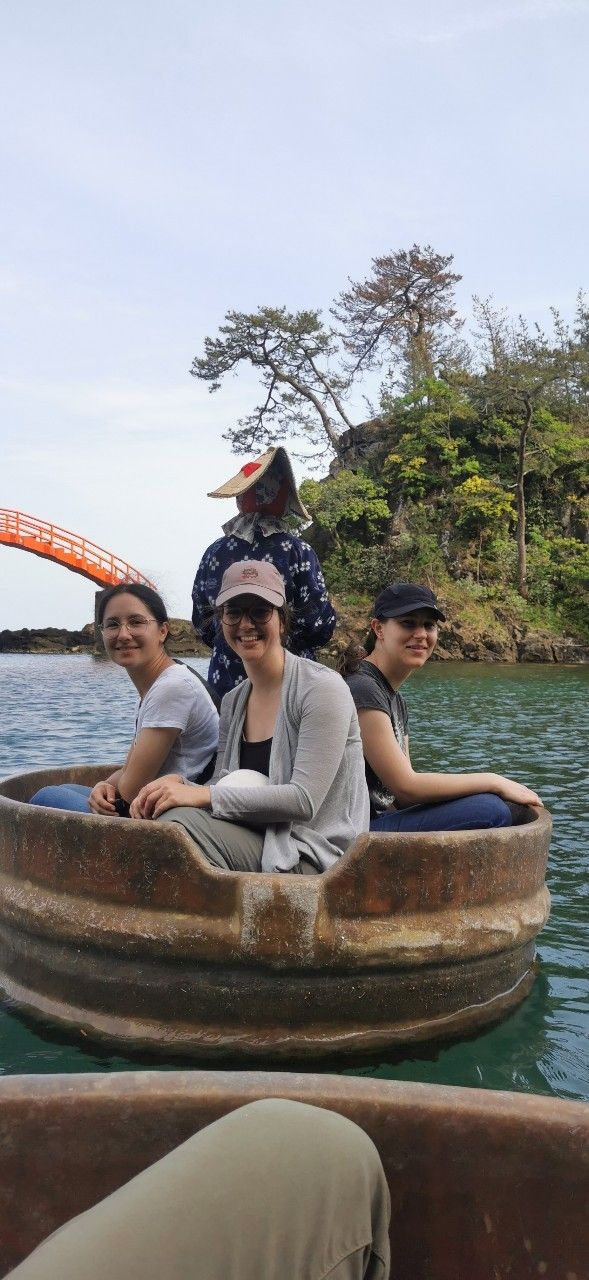Sado - purifying water and barrel boating
Imechapishwa: 07.06.2023
Jiandikishe kwa Jarida
The day starts with another lecture by Connor. This time it's about insects and their great benefits to nature. Besides pollinating plants, which is probably the most well-known, insects have many other important tasks. They loosen the soil and create air pockets, some carry plant seeds to their nests and distribute them, or they prevent CO2 from escaping from the soil into the atmosphere. Sometimes their structures even serve as inspiration for architects. The diversity of insects is a good indicator of the health of an ecosystem. At the moment, we have about 75% fewer insects than in pre-industrial times. Urgent action needs to be taken, and the most sensible thing to do would be to start by not using pesticides in agriculture. Connor explains that pesticides kill all beneficial insects, and by abstaining from using them, or replacing them with ecological methods, the soil would improve in quality, which would also benefit agriculture. After the lecture, we drive to a viewpoint by car and meet Ike-San there. He is an expert on the waters in and around Sado. Not only in Sado is there a problem with the sea lacking iron. Many of the organisms need iron to survive, so it has to be artificially added. We use old, disposable hand warmers for this and at the same time reduce waste. The 'hot pockets' contain oxidized iron, which we mix with citric acid and water to convert it into iron available to marine creatures. First, we have to cut open all the hot pockets individually and collect the contents in one pile. We fill the bottles half full and then add the remaining ingredients. The result is a brown broth that reminds me a bit of the 'soup' I used to cook in the garden with six other kids. It feels very strange when we simply pour it into a pond. The pond is designed to collect water for the rice fields. We add the iron directly here because the water used for rice cultivation is contaminated with pesticides and fertilizers. When it reaches the sea together with the iron, the algae can clean it better. On the way back, we stop at a bay where you can ride the famous Tarai (a boat that looks like a huge barrel). You steer the boat with only one paddle, which you hold upright. I have no idea how it works, but the old women there are professionals. And of course, we can't miss the Tayaki shop at the end, this time with purple sweet potatoes. c:
Jiandikishe kwa Jarida
Jibu
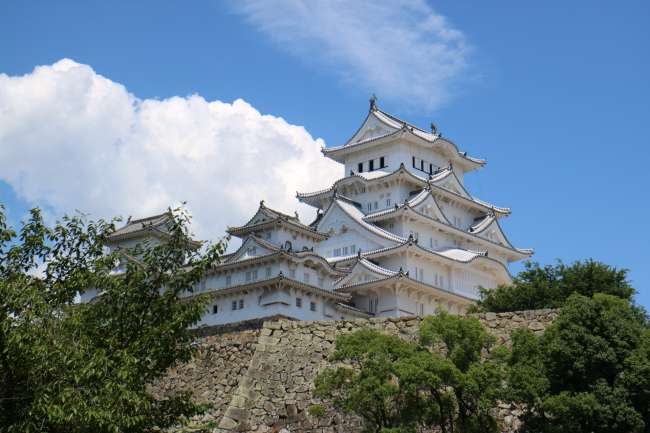
Ripoti za usafiri Japani
